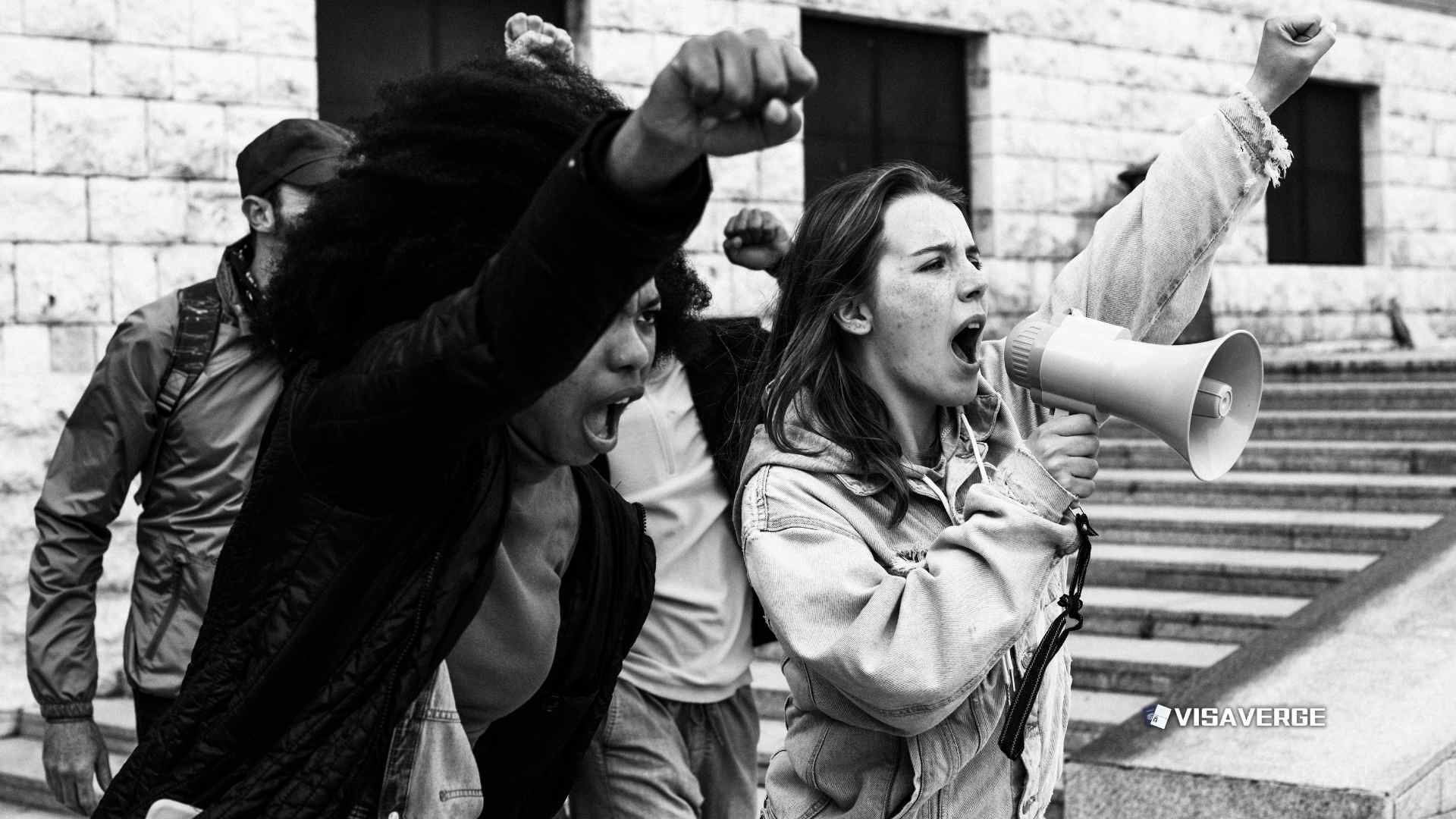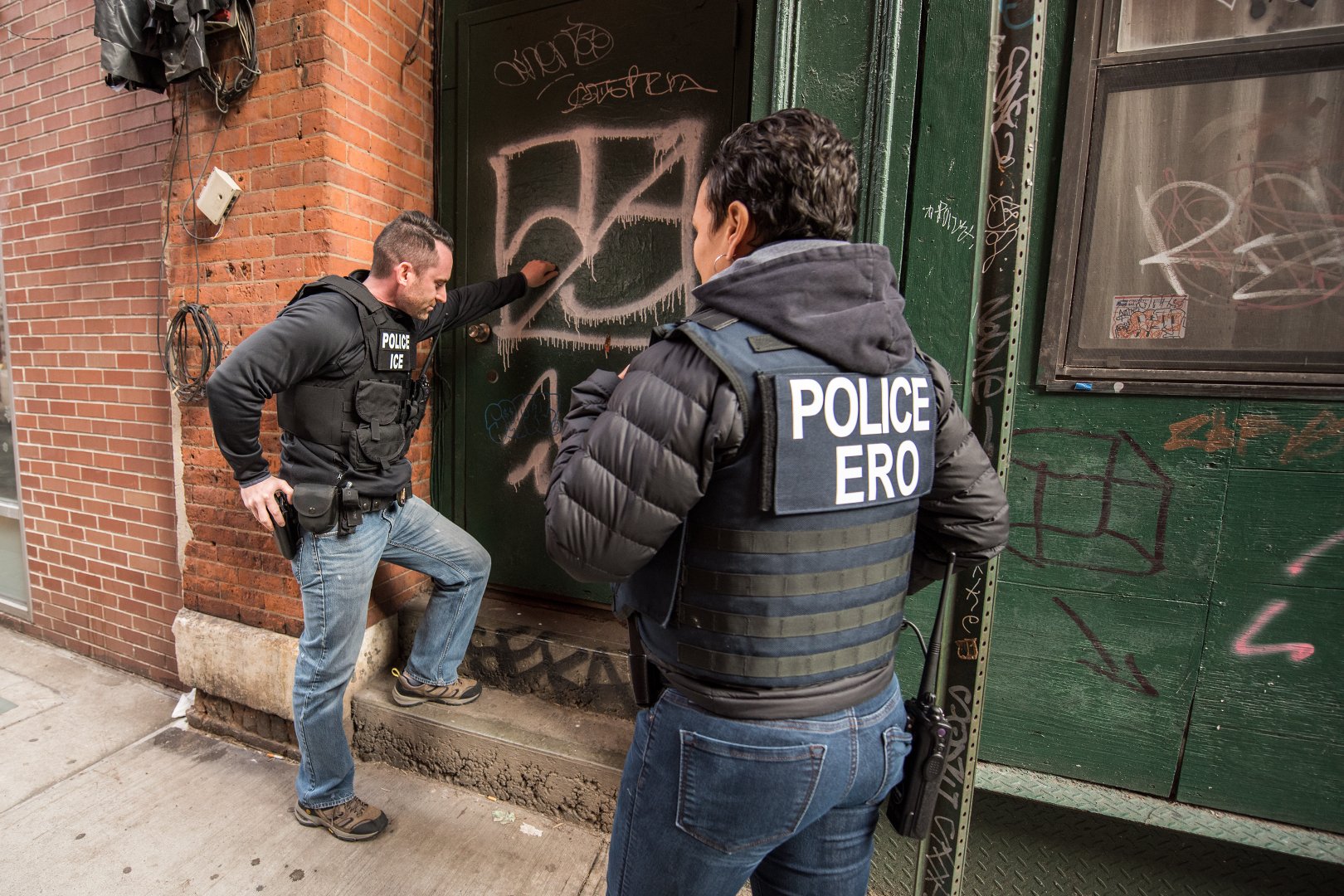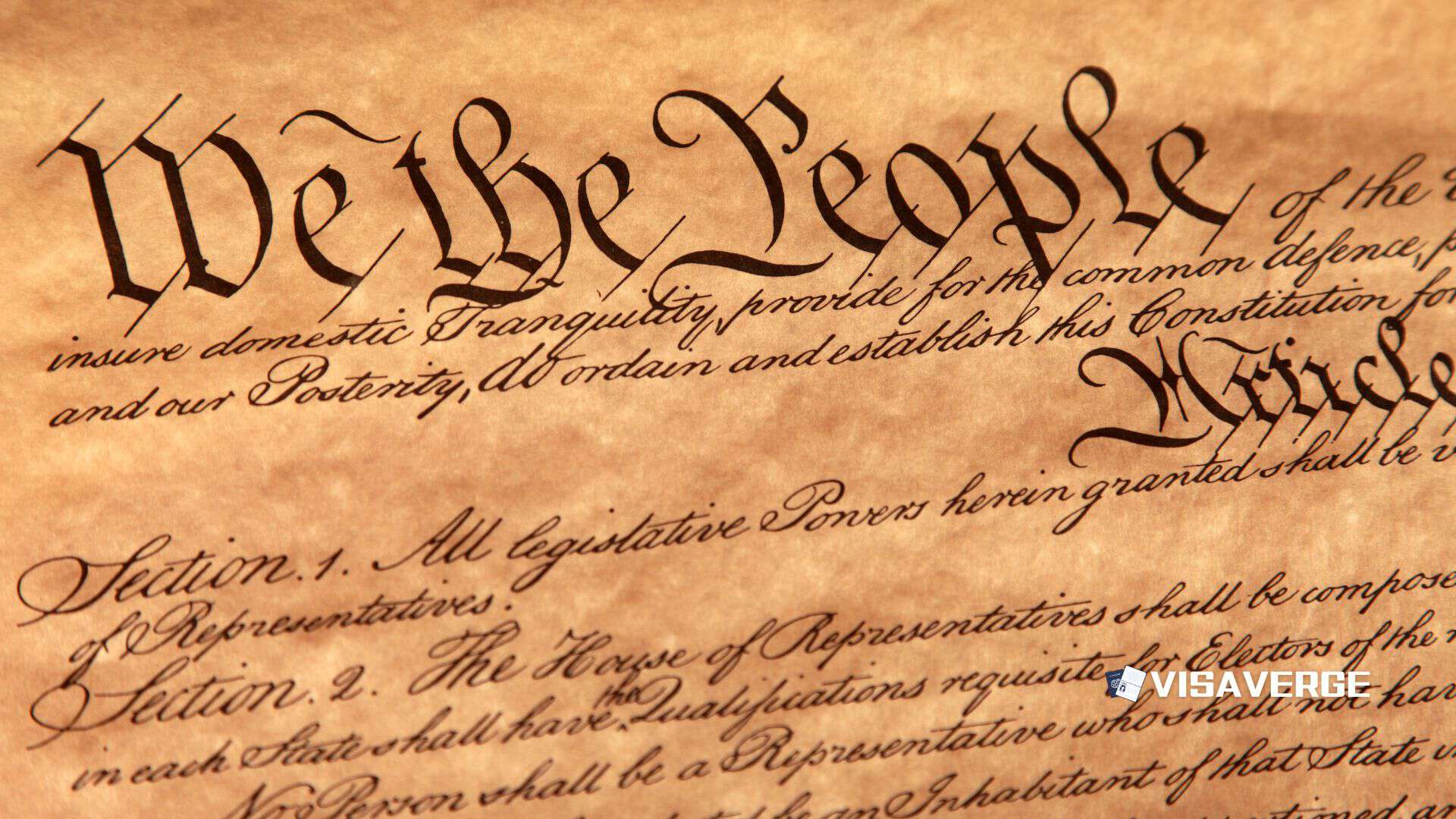Protesters in Little Rock, Arkansas, gathered on July 30, 2025, to oppose Immigration and Customs Enforcement (ICE) deportation actions, urging city leaders to protect immigrant families. The demonstration, part of a larger national movement, highlights growing local resistance to federal immigration enforcement and calls for policies that shield residents from deportation.
Community Rallies Against ICE Deportation Efforts

Local activists and immigrant rights groups in Little Rock have organized a series of protests throughout 2025, responding to what they describe as aggressive ICE raids and deportation plans. These actions, which began earlier in the year, have drawn hundreds of residents, including families, students, and community leaders, all united by concerns over family separation and the trauma caused by deportation.
Angela Baltazar, a well-known organizer, spoke at several rallies, sharing her own family’s experience with separation due to deportation. “We want our city to be a safe place for everyone, especially our children,” Baltazar said during a January protest in North Little Rock. She and others have called for schools to be designated as safe zones, free from ICE enforcement, to help children feel secure attending classes.
National Context and Local Impact
The protests in Little Rock are part of a broader wave of anti-ICE demonstrations across the United States 🇺🇸. These protests intensified in 2025, following the Trump administration’s continued push for mass deportations. While federal officials say they are targeting “criminal illegal immigrants,” many local residents and advocates argue that the enforcement actions have a much wider impact, affecting families who have lived in the community for years.
According to analysis by VisaVerge.com, the fear of deportation has led to increased anxiety among immigrant families in Little Rock. Parents worry about being separated from their children, and some students have missed school out of fear that ICE agents might show up. Community participation in public events has also dropped, as families try to avoid drawing attention.
Key Stakeholders and Their Positions
- Protest Organizers and Activists: Leaders like Angela Baltazar and local groups such as The People’s Protests and Marches of Arkansas have been at the forefront, urging city officials to limit cooperation with ICE. They argue that local law enforcement should not help federal agents carry out deportations, especially when it risks splitting up families.
- Federal Government: The Trump administration has defended its deportation policies, saying they are necessary for public safety. Officials claim that ICE focuses on individuals with criminal records, but critics point out that many people swept up in raids have no serious offenses.
- City Officials: As of August 2025, Little Rock city leaders have not made public statements directly supporting or opposing ICE actions. However, the ongoing protests suggest significant local resistance and pressure for the city to adopt protective measures.
Protest Events and Public Response
The July 30 protest in Little Rock was just the latest in a string of demonstrations. Earlier, on June 14, thousands joined the “No Kings” Flag Day March, a peaceful event that promoted democracy, diversity, and inclusion. Organizers framed the march as a stand against authoritarian policies, including those related to immigration enforcement.
Angela Baltazar spoke at a protest in North Little Rock
Thousands joined the ‘No Kings’ Flag Day March
Protesters gathered in Little Rock against ICE actions
Little Rock city leaders have not made public statements on ICE
Ongoing protests continue in Little Rock
These events have drawn attention from local media, with the Arkansas Democrat-Gazette’s Community Journalism Project providing coverage and support for community activism. Social media has also played a key role, helping organizers spread the word and mobilize supporters quickly.
Policy Implications and Community Effects
Protesters are calling for Little Rock and the state of Arkansas to adopt policies that limit cooperation with ICE. This could include:
- Sanctuary Policies: These would prevent local police from sharing information with ICE or holding people for deportation unless required by law.
- Safe Zones: Designating schools, hospitals, and places of worship as areas where ICE cannot conduct raids.
- Legal Support: Providing resources for immigrants facing deportation, such as access to lawyers and information about their rights.
While no formal policy changes have been announced in Little Rock as of August 2025, the ongoing protests and public pressure may influence future decisions. Other cities in the United States 🇺🇸 have adopted similar measures, often after sustained community advocacy.
Federal Scrutiny and National Debate
The national debate over immigration enforcement has grown more heated in 2025. Large-scale protests in cities like Los Angeles have drawn federal military responses, sparking controversy over the use of force against peaceful demonstrators. The FBI has also begun investigating the funding sources behind some anti-ICE protests, including those in Los Angeles, raising concerns about government surveillance of activists.
Despite these challenges, local groups in Little Rock remain determined. “We’re not going to stop until our families are safe,” said one protester at the July rally. Organizers encourage residents to stay informed and involved, sharing updates through social media and community meetings.
Practical Guidance for Immigrant Families
For families worried about ICE deportation actions in Little Rock, several steps can help reduce risk and prepare for possible encounters:
- Know Your Rights: Immigrants have the right to remain silent and to ask for a lawyer if approached by ICE. It’s important not to open the door unless agents have a signed warrant.
- Create a Family Plan: Families should have a plan in place in case someone is detained, including emergency contacts and arrangements for children.
- Stay Informed: Follow trusted local groups and news sources for updates on protests, policy changes, and community resources.
- Seek Legal Help: If facing deportation, contact a qualified immigration attorney. The American Immigration Lawyers Association provides a directory of legal professionals.
For official information about ICE enforcement and deportation procedures, visit the U.S. Immigration and Customs Enforcement website.
Looking Ahead: What’s Next for Little Rock?
With protests continuing and national attention focused on immigration enforcement, Little Rock may see more activism and debate over how the city should respond to ICE deportation efforts. Community leaders hope that their actions will lead to real policy changes that protect immigrant families and promote inclusion.
The political climate remains divided, with federal enforcement expected to continue under current policies. However, local resistance is growing in cities like Little Rock, where residents are standing up for their neighbors and demanding a more compassionate approach.
Conclusion and Next Steps
Little Rock’s ongoing protests against ICE deportation actions show a community united in support of its immigrant residents. While no official policy changes have been made yet, the pressure from activists and families may shape future decisions. Residents are encouraged to stay engaged, support local efforts, and seek reliable information as the situation develops.
For those seeking to get involved or needing support, local groups such as The People’s Protests and Marches of Arkansas remain active and accessible. As reported by VisaVerge.com, staying connected to community resources and understanding your rights are key steps for anyone affected by immigration enforcement in Little Rock.
This Article in a Nutshell













